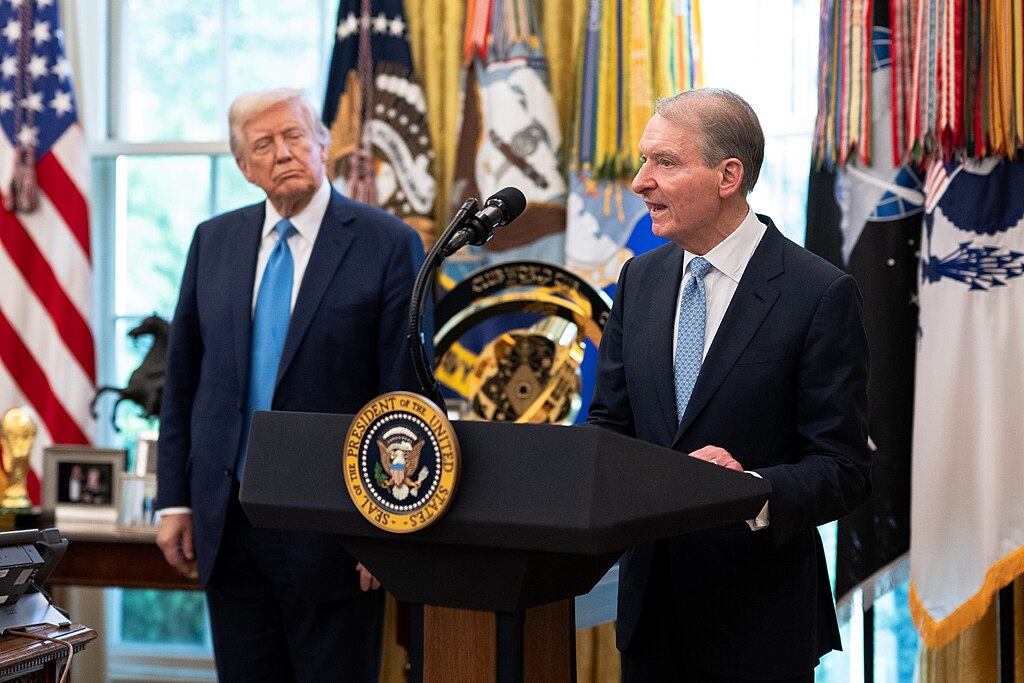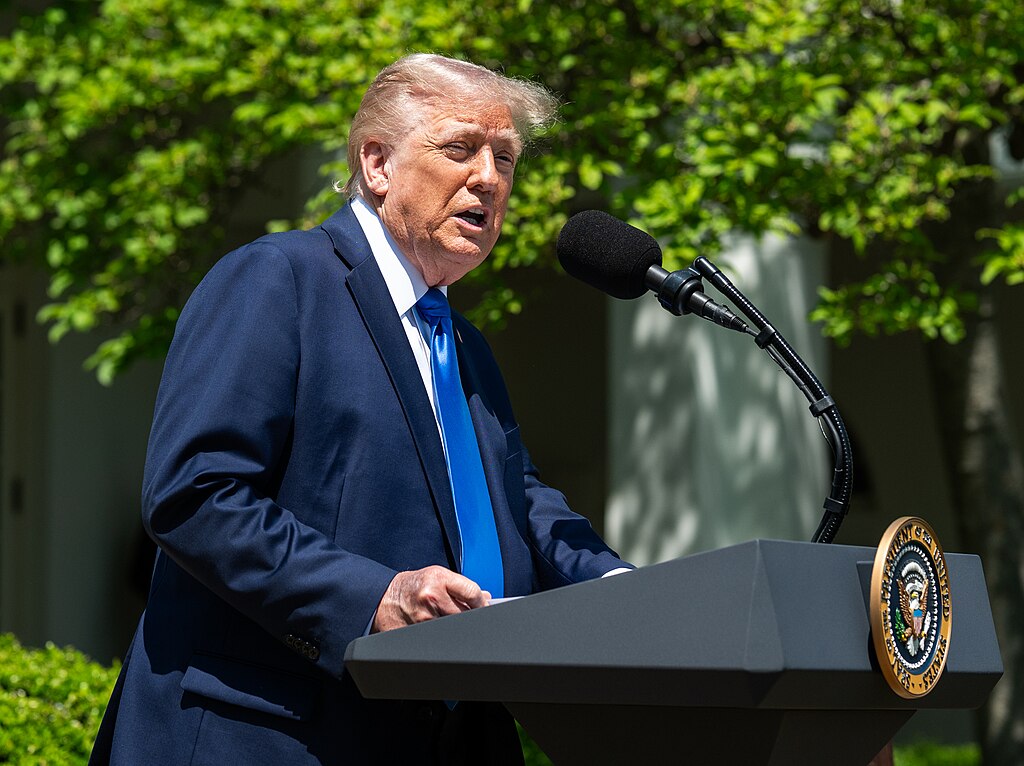Arizona Governor Katie Hobbs has vetoed Senate Bill 1025, halting efforts to include Bitcoin (BTC) in the state’s official investment portfolio. The bill, which narrowly passed the Arizona House in a 31–25 vote, proposed allowing the state to invest seized funds into BTC and establish a digital asset reserve.
Governor Hobbs rejected the proposal, citing concerns over the risks associated with virtual currencies. In her veto statement, she emphasized that the Arizona State Retirement System is one of the strongest in the nation because it relies on prudent and informed investment strategies. She added that Arizonans' retirement funds should not be exposed to “untested investments like virtual currency.”
The legislation aimed to position Arizona as a pioneer among U.S. states by creating a state-managed Bitcoin reserve, potentially even preceding federal adoption efforts. Supporters argued that the bill could provide long-term financial upside and future-proof the state’s reserves amid growing global interest in digital assets.
However, Hobbs' veto reflects ongoing skepticism from state leaders about the volatility and regulatory uncertainty surrounding cryptocurrencies. While several states have explored blockchain and crypto-friendly policies, Arizona's move signals a cautious stance toward integrating digital assets into public financial systems.
The decision marks a significant roadblock for crypto advocates hoping to see broader government adoption. Arizona will not be the first state to invest in Bitcoin—for now. As digital asset adoption grows globally, future proposals may again test the appetite of state governments for blockchain-based financial tools.



























Comment 0